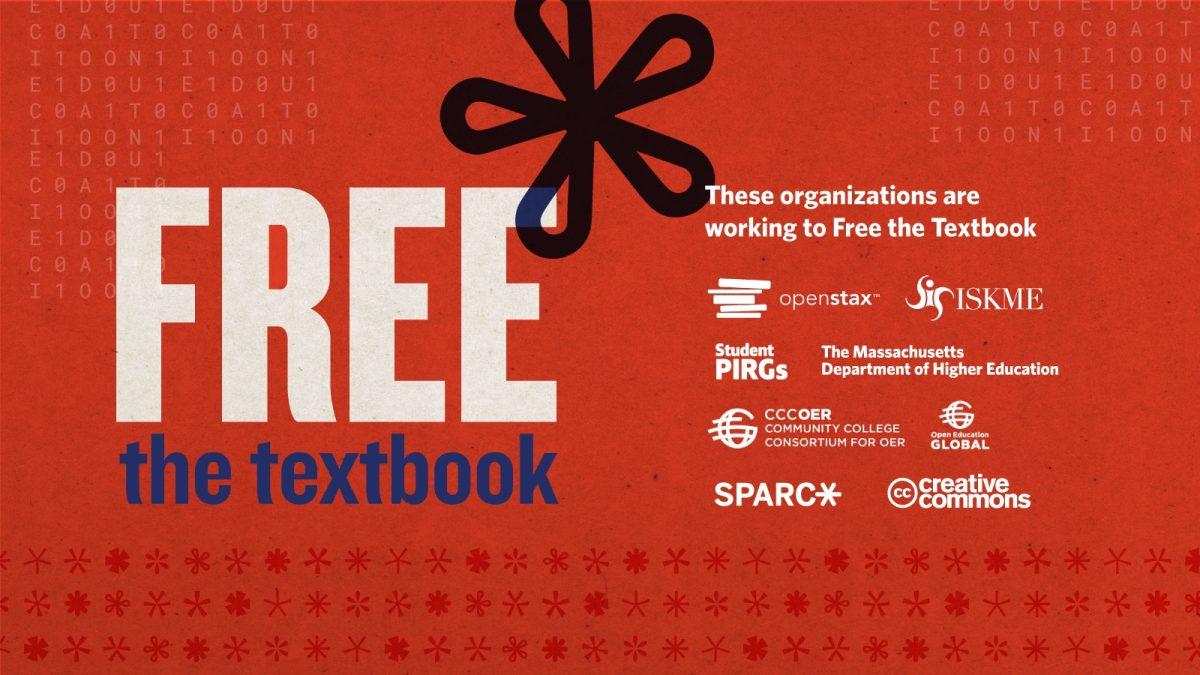Free the Textbook, a new nationwide initiative created by OpenStax, calls on universities to reevaluate automatic textbook billing in favor of student choice. OpenStax held a press conference Oct. 21 to introduce educators to the initiative.
As one of more than eight universities selected for a two-year institutional partnership with OpenStax, the largest provider of free open educational resources (OERs), NC State has been provided with coaching and networking opportunities in order to develop strategies for increasing textbook affordability and accessibility, according to David Tully, an NC State University Libraries fellow.
Christopher Walsh, assistant director for course materials at the NC State Bookstore, said the bookstore does not have any type of direct student billing at this time, and all textbooks and other course materials are under a student choice model.
“[Students] are very savvy at finding used textbooks in the marketplace,” Walsh said. “A benefit of [automatic textbook billing] is if it is something that’s required for a grade, making sure that students have access to it. Why we haven’t done it is because we are a strong proponent of student choice and affordability for you guys. If you can go out and get a textbook for 10 bucks, when I’m going to sell you a digital version of that same textbook for 40 bucks, you have the right to go and get that textbook for the lower price.”
Walsh said representatives from the NC State Bookstore, NC State University Libraries and NC State DELTA Testing Services formed a group two years ago called the Academic Materials Affordability Committee. David Howard, director of instructional innovation at DELTA Testing Services, is a part of the team dedicated to providing students with access to course materials at the lowest possible cost.
“The biggest success that we had was with a set of grants that we gave to faculty who committed to adopting an open textbook,” Howard said. “We had five recipients last year, all of whom have started using a free and open textbook this fall, if not earlier.”
Howard said the largest grant given supported a switch to OER for the BIO 181/183 and BIO 240/245 sequences.
“There’s particularly good OER and a large body of materials more so in the high enrollment, intro classes,” Tully said. “So when I speak to professors, those are normally some of the first ones that are talked to. In terms of OER, it’s not a coincidence that the majority of that content is for the intro classes because you can make a bigger impact affecting a class of 300 than you can a class of 30, for instance.”
Tully said NC State University Libraries aims to increase course material affordability and accessibility by both speaking to faculty about the benefits of OER and providing textbook and technology scholarships to students.
“The single largest thing that we’ve been able to do to save students money is for the bookstores to negotiate with publishers on the All-In [digital course material] prices,” Howard said. “Libraries also committed seven years ago to buy at least one copy of every required text at NC State and keep them on reserve so that students can check those out…for a short period of time. Based on usage of those materials, they’ve estimated certainly a million, maybe millions, of dollars of savings over those years.”
Howard and Walsh said they are working to gather all possible information about course materials in order to increase course material transparency, potentially allowing for students to choose courses with lower material costs. Howard said, right now, of all the information about course materials that the NC State Bookstore seeks to collect, professors have provided about 80-85%.
“The whole goal of it really is to save students money, to provide faculty with autonomy in choosing their own course materials and not be sort of bound by publishers,” Tully said. “OpenStax essentially supports us in our efforts to speak to faculty on campus, promote alternatives to commercial textbooks and hope, in the long run, that leads to them adopting that open textbook into their curriculum at the expense of a textbook of cost.”








